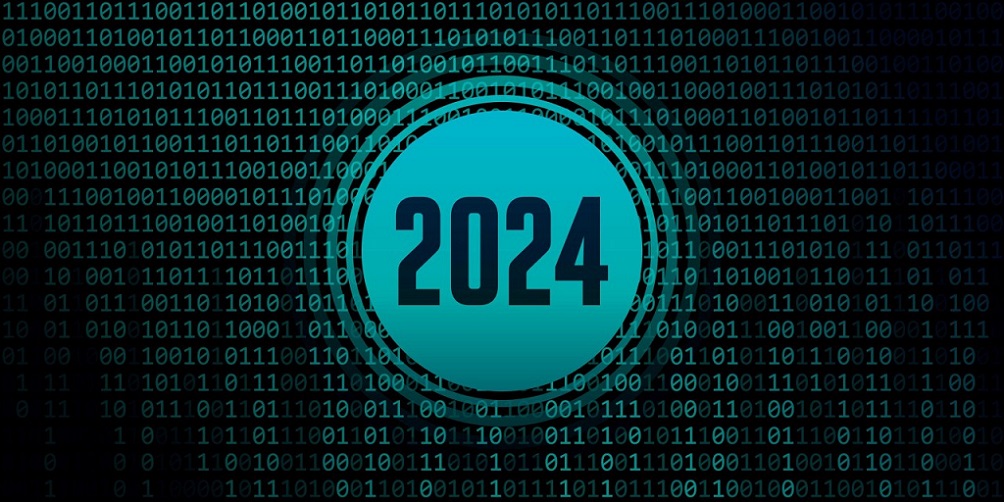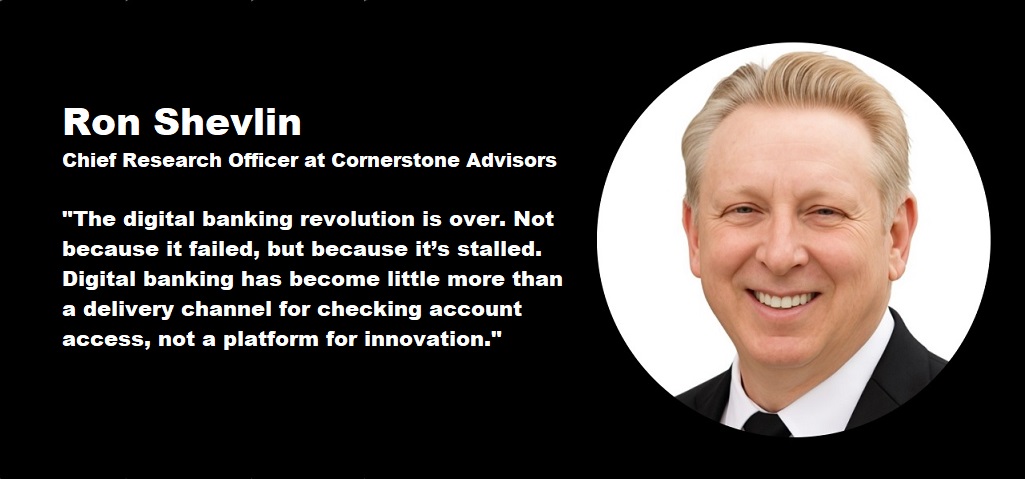Digital Identity trends to watch in 2024

As we spend more time online, the need to prove we are who we claim to be is rapidly increasing – and the global digital identity solution market size is set to grow from $34.5 billion in 2023 to an incredible $82.3 billion by 2028.
an article written by Philippe Vallée – Executive Vice President Digital Identity & Security GBU at Thales
Building on lessons learned in 2023, the new year holds exciting prospects for the realm of digital identity. Here’s a closer look at some of the key trends to keep a close eye on…
1) The industry will take more considered approach to AI adoption
AI has huge potential to enable safer and more and efficient travel, in addition to bringing significant benefits for law enforcement. The agreement reached this month between the European Parliament and the Council on the Artificial Intelligence Act (AI Act) outlined some of the ethical considerations which will be crucial to deliver responsible products and services. This includes banned applications that pose an unacceptable risk – such as manipulative techniques, systems exploiting vulnerabilities, and social scoring. A new AI Office will also supervise the implementation and enforcement of the new rules on general purpose AI models. As we head into 2024, the industry is highly focused on transparent, understandable and ethical use of AI.
2) Biometrics will become more commonplace
Passenger numbers continue to grow, with the IATA recently predicting that the number of passengers travelling by air will reach 4.7 billion in 2024, a jump from the 4.5 billion passengers who travelled in 2019. To support this growth, airports have introduced iris and face recognition to enable passengers to travel more seamlessly, and over time people have become more comfortable with the use of this technology. In 2024 we will see even more trust and adoption: the use of biometrics will be widely accepted, and organisations that have not already been using biometric verification methods will need to go on this journey in the year ahead in order to protect their business, their customers, and their reputation.
3) Reducing identity fraud will become a higher priority
Identity verification is an essential anti-fraud measure and a tool that enhances the customer experience in various industries, including car-sharing services, insurance, the banking sector, and medical facilities. As we spend more time online, fraudsters are trying to capitalise on the moments where we are proving our identities or sharing attributes remotely. That could, for example, be sharing bank statements with a mortgage provider or sending a copy of our passport to a new employer. In 2024, the need for vigilance to prevent sophisticated identity fraud, alongside implementing adaptive security measures will be key, and enhanced safeguards will be put in place for further protect personal data. For example, Multi Factor Authentication (MFA) will become a must check on each and every digital transaction.
4) Financial services firms will enjoy one of their biggest years for innovation
Banks and financial services institutions will see some of the biggest digital transformations in the year ahead. These organisations are already adopting the latest innovations in biometric identity verification. For instance, AI-powered KYC allows organisations to detect fraud while enhancing customer care. 2024 will see this spread further in the sector from big institutions to smaller SMEs and in the year ahead they will embrace passkeys – helping to improve security and create more frictionless experiences for consumers. As the technology continues to advance, additional use cases will also appear to improve customer experiences and build trust in the sector.
5) Quantum computing will change the digital identity landscape
Quantum computing is still in its early stages; however, it’s set to take centre stage in 2024 as organisations increasingly focus on implementing and testing solutions for a post-quantum world. Recognising the vulnerabilities that advancements in quantum technology create, we can expect to see heightened efforts to fortify digital identity systems against emerging threats. The coming year is a critical juncture for preparing and adapting to the transformative capabilities of quantum computing.
6) Cross-border e-ID will be widely adopted
Countries are looking to modernise their identity landscape. Although each country will naturally have its own idea of how it wants its citizens to use their digital identities in 2024 and beyond, the success of digital wallets will be linked to their interoperability, across sectors (public and private), and across regions. The EU Digital Identity is one new initiative coming into force, and will be available to EU citizens, residents, and businesses who want to identify themselves or provide confirmation of certain personal information. Its impact on the digital ID landscape is going to be transformational.
Overall, these trends signify a dynamic and transformative period for digital identity – and future development will be driven by a combination of fraud trends, regulatory input, technological advancements and consumer preference. Digital identity services will need to be designed with the customer front of mind, with a focus on providing frictionless journeys, deterring fraudsters, and increasing consumer confidence.
____________
Related documents you may like:
Unveiling the Future: 2024 Digital Identity Trends and Predictions
Dariusz Mazurkiewicz – CEO at BLIK Polish Payment Standard
Banking 4.0 – „how was the experience for you”
„To be honest I think that Sinaia, your conference, is much better then Davos.”
Many more interesting quotes in the video below:












